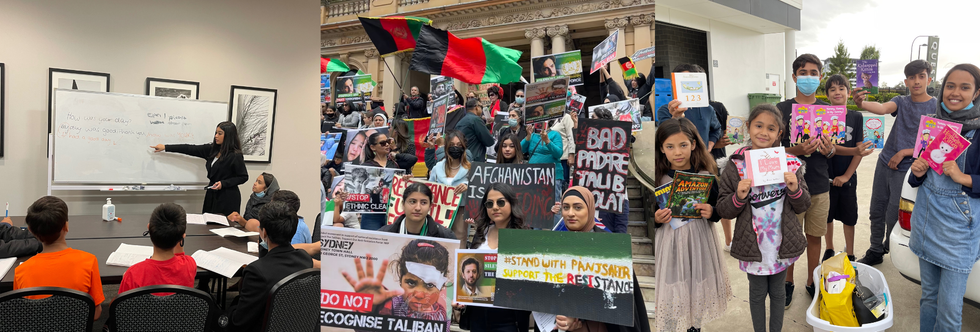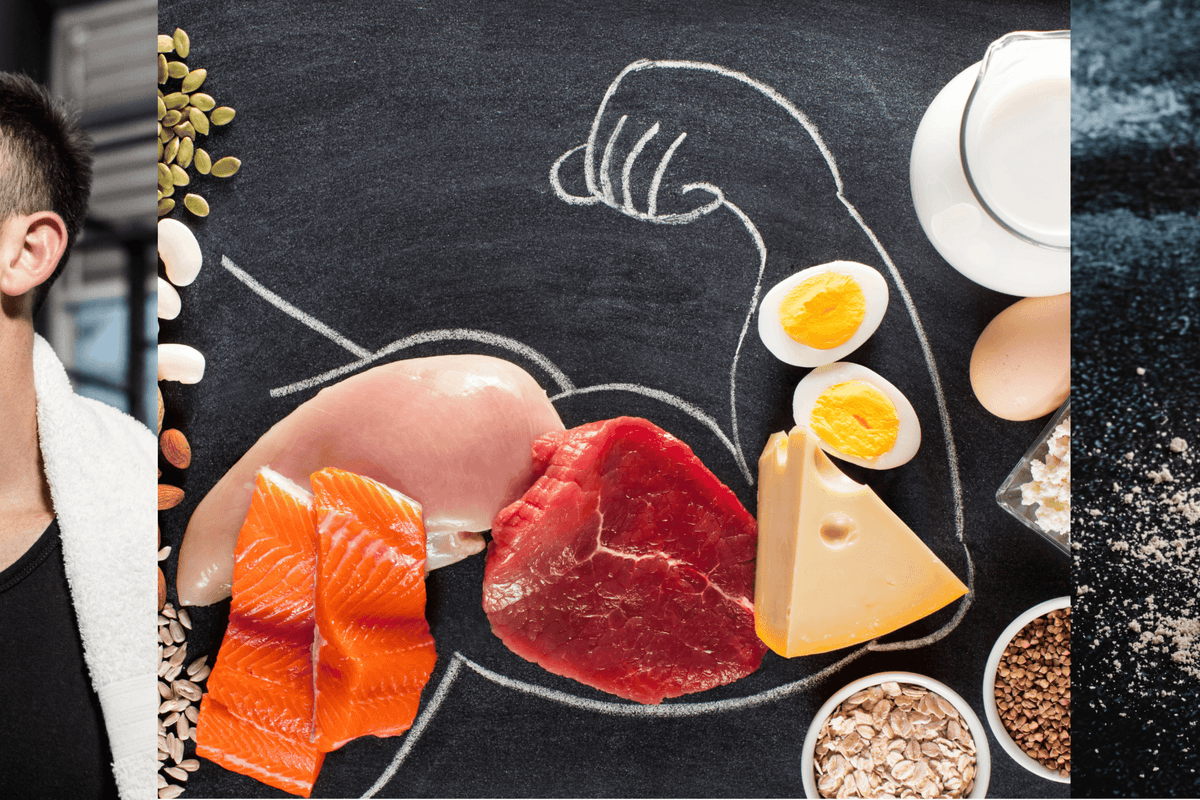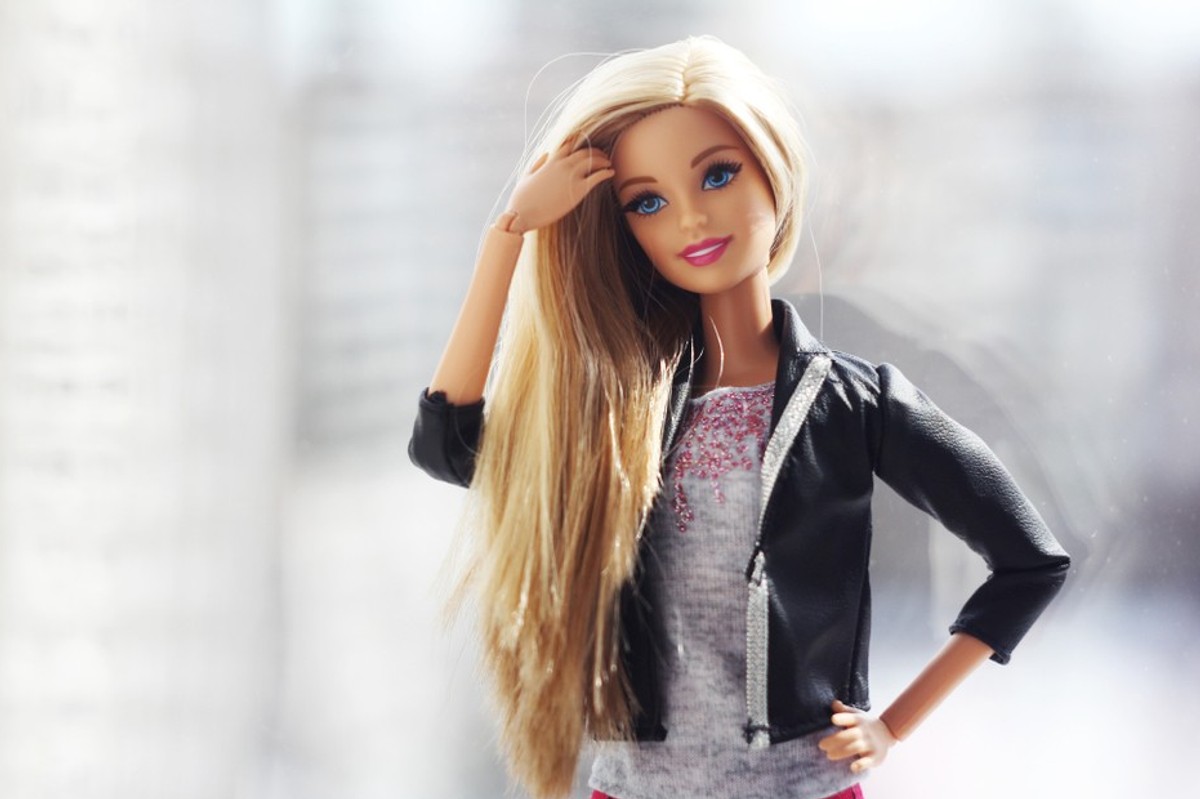Women are increasingly being targeted by gambling companies. However there's a lack of resources and support for those battling addiction.
Anna Martin was an 18-year-old law student when she was introduced to the pokies by a family member. She spent the next 20 years fighting a relentless battle with gambling addiction.
Over the years, she tried every form of help available, including conventional counselling, group therapy and setting financial limits. But these traditional services didn’t work for her.
Her struggle mirrors that of many women. And Martin realised there was a lack of resources for women struggling with gambling addiction. Earlier this year, she launched The Untangle Project to help women navigate gambling harm.
"I had a woman talk to me the other day … and she said, ‘My daughter is gambling on Candy Crush,’" Martin says. "It is a paid game of chance."
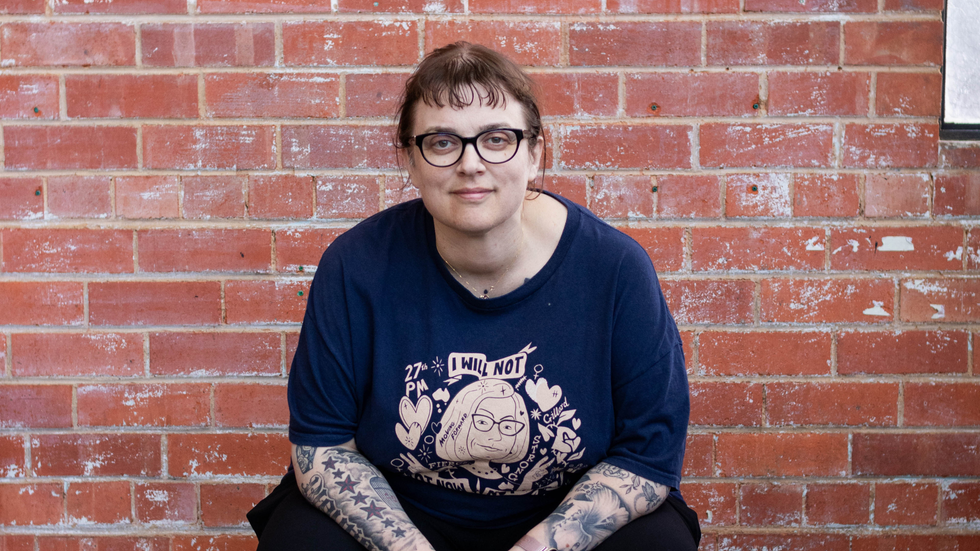
This concern is backed by new data from the 2025 National Gambling Study, released by the Australian Institute of Family Studies (AIFS) in September. Around 3.1 million adults reported harms such as guilt, stress, or selling and borrowing money to fund gambling.
Gambling advertising is making the problem worse. Two years after the You Win Some, You Lose More report was put forward by the late MP Peta Murphy, experts warn that gambling ads are pulling more young women towards harm. And with limited resources and little support, the mental health crisis around gambling is deepening.
Targeting women in their social gatherings
Gambling companies targets young women’s emotions and desires, drawing them into a range of products, including online pokies, sports betting apps and novelty bets.
For example, Sportsbet recently launched a wager on how long Taylor Swift’s new album ‘The Life of a Showgirl’ will remain at number one, encouraging fans to take a punt.
The industry also taps into women’s social gatherings to expand their client base, operating within a mostly unregulated environment that "delivers predatory products that exploit vulnerable people," Martin says. And by offering these products online, the stigma of visiting casinos or playing the pokies is removed.
According to a 2023 report from the Australian Institute of Family Studies (AIFS), women aged between 18 to 34 are at a higher risk of gambling harm compared to other female age groups.
Many women internalise the harm they are experiencing, feeling that they are responsible for the situation they find themselves in.
"Women tell our project, ‘I should have had my shit together’," Martin says. "Women [who] come to us use one of three words, or sometimes all: guilt, shame, and fear."
Elevated mental health issues for women
Women’s experiences are often overlooked when it comes to recovery. While there are many services available for men, research around women's battles with gambling addiction hasn’t resulted in tailored support services.
To reduce the risks of gambling, women need specialised mental health support. Gabriel Tillman, a research fellow in the Australian Gambling Centre, says while men generally engage in activities that would likely cost them financially, women tend to engage in activities that would negatively affect their mental health.
"Women have this moderate-high risk gambling behaviour, and it has elevated mental health issues relative to men," he says.
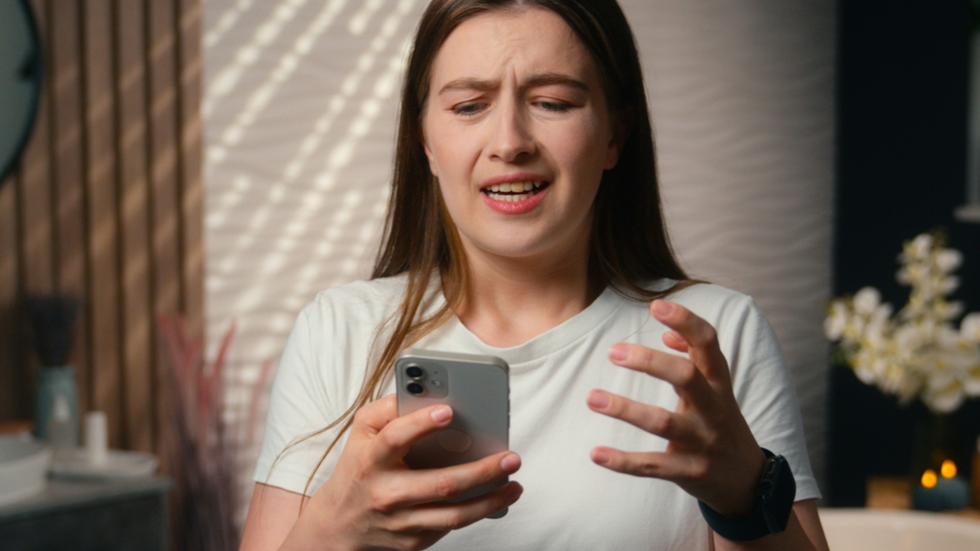
Self-reported scores by female gamblers reveal a stark truth: "The more harm that you do [with gambling], the higher likelihood that you have high scores or probable mental illness," says Tillman.
Research continues on the complex link between gambling and mental health. While it’s clear there is a link, it’s not understood which triggers the other.
"We are working on a study with 20 [possible] diagnoses, trying to see how gambling affects both the person and their [family]," he says.
Harm is intensified by gambling ads, Tillman says. Online ads often use influencers to attract women into sports betting and online wagering. "There’s the aspect of advertising as a medium that brings on new people," he says.
Both offline and online gambling models use new products to engage long-term audiences, while poker machines remain "very harmful across all domains - financial stress, decrement on health, and even crime," he explains.
Government inaction
Despite awareness of these issues, progress to protect Australians remains stalled. The parliamentary inquiry made 31 recommendations to the gambling industry, including a complete ban on gambling advertising within three years.

But none of these recommendations have been implemented by the federal government.
"It’s a big mess," Tillman says of the state-by-state regulations that are currently in place. "New South Wales regulates its pokies, every other state does the same, and the Northern Territory licenses most online wagering."
This patchwork approach means no single body can hold the industry fully accountable. Operators exploit loopholes, pushing addictive products without real oversight.
Advocacy groups are frustrated. "We need a response. What are [the advocacy groups] going to do?" Tillman says.
He adds that once the government announces a plan, "we’ll be able to link all our initiatives up."
The health impact
University of Melbourne principal research fellow Angela Rintoul agrees with this urgent call for action. She points to some small studies in Sweden that show gambling is linked to cardiovascular disease, yet the full scope of these physical and mental harms remains dangerously under-researched.
"I interview people who have attempted suicide because of their gambling," Rintoul says of her work.
In her 2023 study ‘Gambling-related suicide in Victoria, Australia: a population-based cross-sectional study’, she found that women with severe-risk gambling are 4.5 times more likely to experience suicidality than women with low-risk or no gambling. "It fuels this sense of defeat and hopelessness about the issue and that nothing’s going to change," she said.
According to a 2020 report by the Victorian Responsible Gambling Foundation, stigma and perceived judgement around gambling harm can prevent young women from seeking help, leaving many to cope in silence.
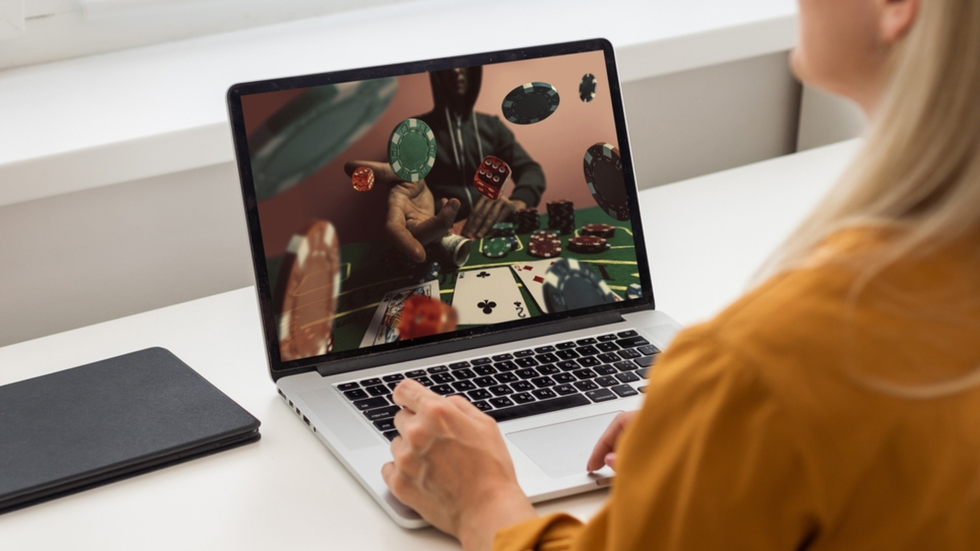
Rintoul says the government needs to enact laws that protect the public. "[These women] are experiencing the loss of agency that they’re feeling because of gambling."
Martin says the way gambling is marketed has changed over the last five or so years, particularly with the increased involvement of influencers. This has made it even harder to resist.
"Women are now more aware of the fact that gambling exists as a social pastime, but not as aware of how problematic it is," she says.
But she says that those who are struggling can reclaim their lives, with the right support.
"It’s about recognising the fact that lived-experience women are really powerful advocates and the best source of knowledge in formulating programs and interactions with the industry."
If you need someone to talk to, contact:
- Lifeline (24-hour crisis line): 131 114
- National Gambling Helpline or call 1800 858 858
- Gamblers Anonymous on 1800 551 800
- The Untangle Project
Related stories
May Tleis is studying a Bachelor of Media (Communications and Journalism) and Social Sciences at UNSW. She is passionate about foreign affairs and loves telling stories that connect people. She believes her best ideas come after a strong cup of coffee.


